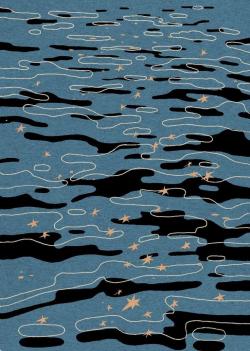Site-Wide Comment Activity: All Authors
|
|
 |
 |
 |
|
|
|
|
|
|
|
|
 |
 |
|
|
 |
 |
 |
 |
- « first
- ‹ previous
- …
- 66
- 67
- 68
- 69
- 70
- 71
- 72
- 73
- 74
- …
- next ›
- last »